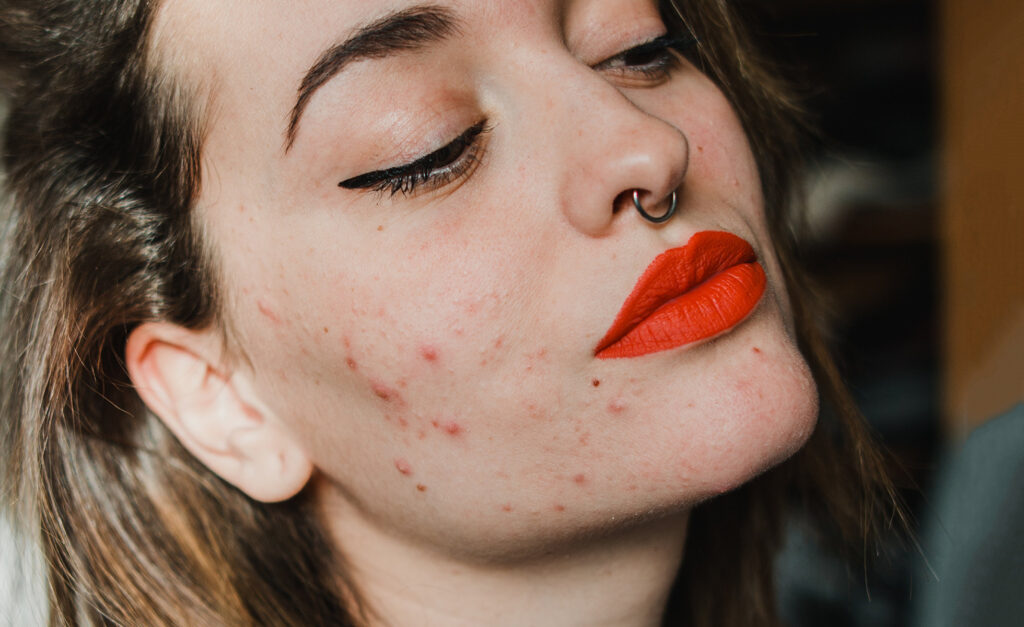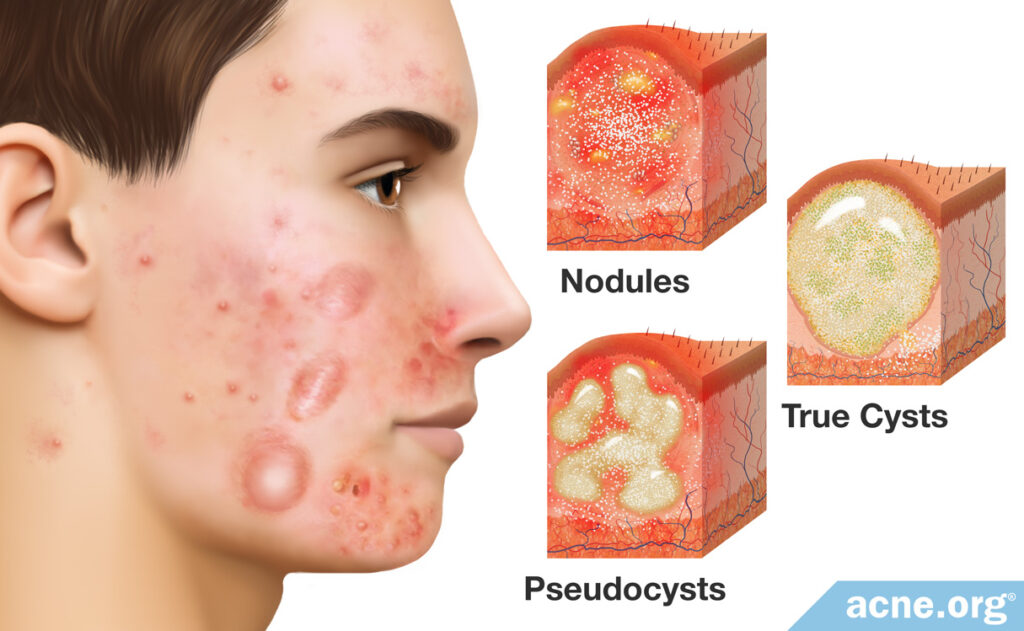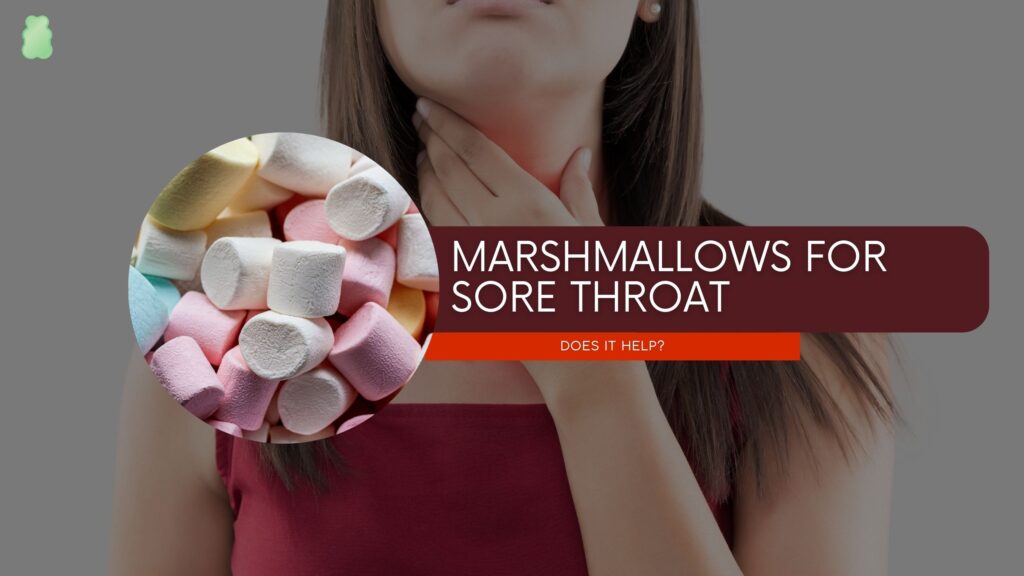Table of Contents
ToggleAshwagandha, an adaptogenic herb widely used in Ayurvedic medicine, is known for its numerous health benefits, such as stress reduction, immune system support, and cognitive enhancement. The relationship between Ashwagandha and acne has become a topic of interest for many individuals seeking natural skincare solutions. From our experience, the use of Ashwagandha has shown varying effects on acne, with some people reporting improvements in their skin while others claim it may worsen the condition. In this article, we will examine the potential effects of Ashwagandha on acne, discussing its properties and how it might influence skin health. By understanding the connection between Ashwagandha and acne, you can make informed decisions about incorporating this powerful herb into your skincare routine.
What Is Ashwagandha?
Ashwagandha is known to the world as Indian Ginseng having medicinal properties. It is one of the best options to avail for reducing stress in life and feeling liberated.
Everything has some or other side-effects. Ashwagandha has too. Depending on the immunity of the person, ashwagandha side-effects are visible. Of course, you should avoid consuming ashwagandha at the time of pregnancy. The reason is that it can lead to miscarriage as the intensity of ashwagandha is warm.
We have curated a list of the best ashwagandha gummies for the ones who are willing to take this herb without compromising with the taste.
Apart from this, ashwagandha has been associated with causing acne and hormonal imbalances. Such an issue arises on taking the dosage without recommendation or consuming more than required. Anything taken in excess will cast an adverse effect on the body.
Similar is the case with ashwagandha as its warm intensity increases heat production in the body. It is better to take ashwagandha gummies, supplements, like goli ashwa gummies and powder form in a controlled manner.
You Might Like: https://realgoodgummies.com/best-time-to-take-ashwagandha
You Might Like: https://realgoodgummies.com/how-to-cycle-ashwagandha
Potential Side-Effects of Ashwagandha
1. Lowers Blood Sugar:
The studies have depicted that ashwagandha has the potency of lowering blood sugar levels. So, a diabetic person having other related medications should avoid taking ashwagandha and find other ways to relieve stress.
2. Increases Hyperthyroidism:
Ashwagandha leads to an increase of hormones in the body. This may lead to excessive production of thyroid hormones in the body, which causes excessive weight gain. Just take ashwagandha at the recommendation of your doctor.
3. Aggravating Autoimmune Diseases:
Ashwagandha is famous for boosting the immune system. In this regard, people taking medications to treat autoimmune diseases like lupus, rheumatoid, multiple sclerosis may have trouble. The reason is that ashwagandha may interfere with the medication’s healing capabilities and aggravate the problem of autoimmune diseases.
4. Lead to Allergies:
People taking ashwagandha have experienced a few allergies like increased acne problems, inflammation, itchiness, or chest pain. But, this happens if a person takes more doses of ashwagandha than suggested by the doctor.
Does Ashwagandha Help with Pimples?
Although research into the use of ashwagandha specifically for acne is limited, it is believed to have anti-inflammatory properties that help reduce the inflammation and redness associated with acne. In addition, ashwagandha is known for its adaptogenic properties may help the body deal with stress and may also be beneficial in treating acne. Ashwagandha supplements are known to treat pimples as their medicinal properties treat skin rashes, redness, pimple-causing inflammation. This herb has various benefits, besides treating stress. Take ashwagandha gummies or their powdered form in low to medium doses only.
Ashwagandha for Hormonal Acne

A potential benefit of Ashwagandha is its ability to balance hormones in the body, helping to alleviate hormonal acne. Hormonal acne is caused by an imbalance in androgenic hormones such as testosterone, which can lead to increased sebum production and clogged pores. By lowering these levels, it may help regulate these hormones. In addition, various studies have show that ashwagandha may help improve insulin sensitivity. Some studies have suggested that ashwagandha may be effective in reducing stress and improving mood, but there are not enough studies to determine its effectiveness.
The presence of withanolides in Ashwagandha helps flush out the dirt and impurities out of your skin pores. In this way, the medicinal herb is known to prevent the occurrence of hormonal acne. Check with your dermatologist before consuming any supplements.
You Might like: https://realgoodgummies.com/top-15-ashwagandha-benefits-for-men
Ashwagandha for Cystic Acne

Cystic acne is a type of severe acne that is painful and difficult to treat. Ashwagandha is traditionally used in Ayurvedic medicine to treat a variety of skin conditions, including acne, although research on its effectiveness, particularly for cystic acne, is limited. However, some studies suggest that ashwagandha may have anti-inflammatory properties that may help reduce inflammation associated with cystic acne. Note that ashwagandha should not be used as the sole treatment for cystic acne. It is always best to consult a dermatologist for proper diagnosis and treatment recommendations. This may include topical or oral medications, lifestyle changes, and other treatments.
Ashwagandha is famous throughout the world for treating numerous infections. It is meant to dissuade oil plugs formation on your skin. Everyone knows that acne appears on the face because of dry skin. So, ashwagandha is meant to soften and protect dry that may avoid the occurrence of cystic acne. As Cystic acne is a severe acne type it’s important to first consult your doctor to avoid any interactions with medicines.
You Might Like: https://realgoodgummies.com/ashwagandha-for-kids-and-teenagers
Acne and Ashwagandha Study:
Ashwagandha is a plant derived from the root of the Withania somnifera plant, used in Ayurvedic medicine. Its roots have multiple medicinal uses, including treating various ailments, improving overall health and longevity, and having antioxidant and proapoptotic effects against liver cancer cells. The plant is also used to enhance physical strength, energy, and immunity, and to treat skin conditions such as ulcers, leucoderma, and scabies. In traditional Ayurvedic medicine, Ashwagandha is considered one of the most popular herbal treatments. For the treatment of acne, herbal remedies are used as a natural alternative to conventional medicines, which may have serious side effects. Herbal remedies are known to have fewer side effects and some spices used have antibacterial, anti-inflammatory, and antiseptic properties that can help reduce acne-causing bacteria and inflammation, and heal scars, read the study here
Conclusion
Ashwagandha is one of the best medicinal herbs having lots of good effects. This does not mean that it can be consumed in any number. Though, ashwagandha helps treat acne, stress, and other health problems. But, the excessive dosage can cause various side effects that aggravate your health or skin issues.
FAQ
1. Can ashwagandha cause acne?
There is no scientific evidence to suggest that ashwagandha can cause acne. While some people may experience skin irritation or rash as a side effect of ashwagandha, this is not related to acne. Ashwagandha is not a known acne trigger and is not known to worsen existing acne or skin conditions. It is generally considered safe for use, even for those with acne-prone skin, but it is always a good idea to consult with a healthcare professional before starting any new supplement or treatment.
2. Is ashwagandha a known acne trigger?
Ashwagandha is not a known acne trigger. There is no scientific evidence to suggest that ashwagandha can cause or worsen acne.
You Might Like: https://realgoodgummies.com/moon-milk-recipe
3. Are there any known side effects of ashwagandha that could lead to acne?
Some people may experience skin irritation or rash as a side effect of ashwagandha, but this is not related to acne.
4. Can ashwagandha worsen existing acne or skin conditions?
Ashwagandha is not known to worsen existing acne or skin conditions.
5. Is it safe to use ashwagandha if you have acne-prone skin?
Ashwagandha is generally considered safe for use, even for those with acne-prone skin. However, it is always a good idea to consult with a healthcare professional before starting any new supplement or treatment.
I love reading and writing. A big-time foodie and a true gummy fanatic.
Dog mom with a goal to stay fit and healthy. Lately following the vegan lifestyle.
-
September 30, 2023
Dr. Susan Francis is a passionate medical professional with over 4.5 years of experience in the field. She received her medical degree from the University of Michigan and completed her residency at the Mayo Clinic.
In addition to her clinical work, Dr. Francis has a strong interest in medical writing and editing. She has edited numerous articles for medical journals and is a regular contributor to several healthcare publications.
Dr. Francis is committed to promoting accurate and accessible medical information to the public. In her free time, she enjoys staying up to date on the latest medical research and volunteering at local healthcare clinics.
-
October 4, 2023
-
October 3, 2023
-
October 3, 2023
-
October 3, 2023



![Vodka Gummy Bear Recipe [Tasty Fun party Snack] in 2023, DIY 17 Refrigerate the Gummy bears](https://realgoodgummies.com/wp-content/uploads/2023/05/Gray-White-Wedding-Photo-Frame-Instagram-Post-5-150x150.jpg)










Pingback: Ashwagandha And Magnesium: Should You Consume Them Together? Realgoodgummies
Pingback: Ashwagandha For Kids And Teenagers, Is It Safe? | RealGoodGummies
Pingback: Ashwagandha Withdrawal - Top Things You Must Know Before Consuming Ashwagandha
Pingback: Can Ashwagandha Relieve Your Thyroid Issues? RealGoodGummies
Pingback: Does Ashwagandha Help With Sleep? Know The Facts!